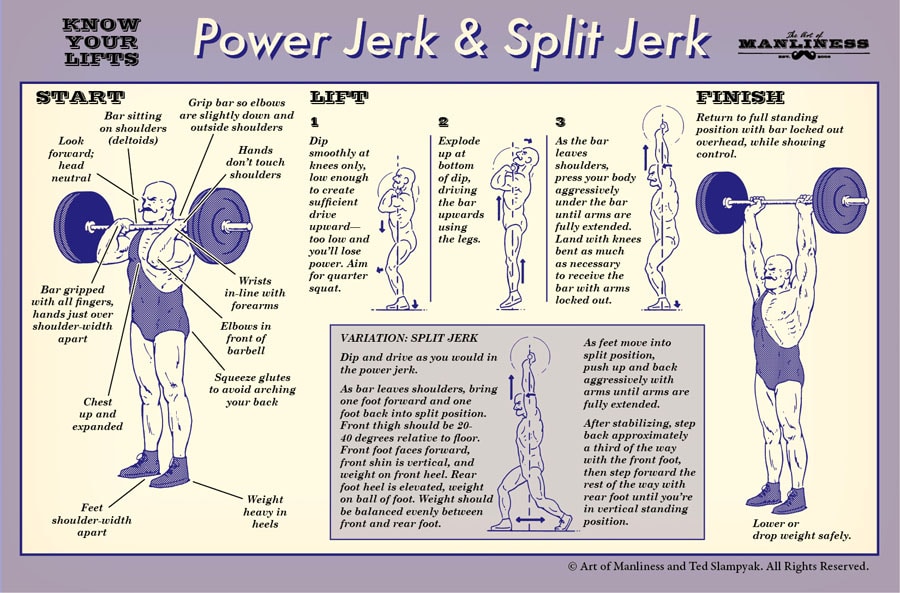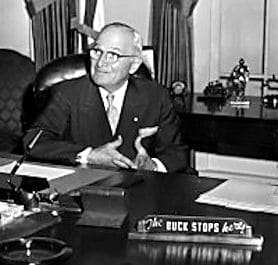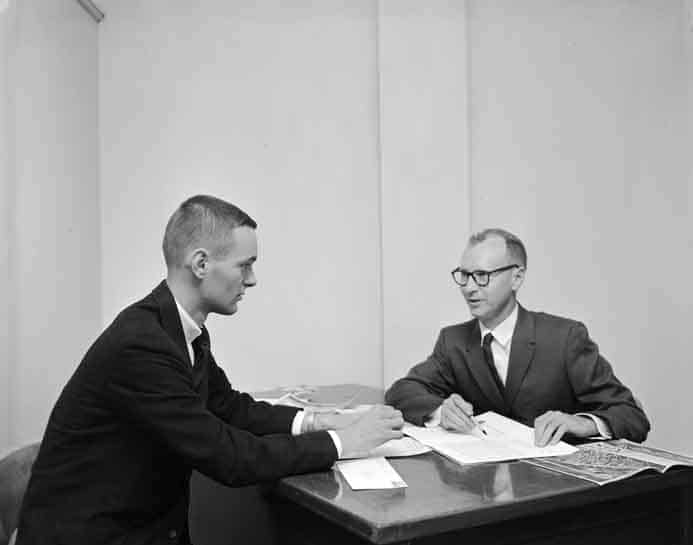
Editor’s Note: This a guest post by John Corcoran.
Have you ever met someone whose personal story just blew you away?
My friend Tom is one of those guys. A West Point graduate, Tom spent a few years in a U.S. Army special forces unit where his job was to parachute deploy into warzones from helicopters.
That’s right — his job was to jump out of a perfectly good helicopter. And that’s not all. While he was still in the Army, Tom wrote two books and founded a boutique publishing company.
What a jerk, right?
Here’s the thing: Tom is actually a nice guy. If he wasn’t such a nice guy, I’d probably hate him.
But his background is so incredible — it so blows my coward butt out of the water — that it’s hard to imagine how he can talk about his background at all without coming off as an insufferable braggart.
In reality, Tom is actually quite modest, which is part of the reason I like him.
The problem for guys like Tom is how he can share his background in a way that doesn’t come off as bragging.
In other words, one of the most interesting things about Tom is that he’s a combat veteran who got paid to jump out of helicopters, but he can’t always talk about the thing which makes him most interesting without alienating the person he’s talking to. It’s kind of a damned-if-you-do, damned-if-you-don’t situation.
Tom’s not as different from the rest of us as you may think. Even if you didn’t do a stint in the U.S. Army as a helicopter jumper, almost everyone has something interesting or memorable about them which makes for good cocktail party fodder. Yet social norms tend to prevent many of us from sharing these great stories out of fear of alienating people who might think we are trying to show off.
Brett has previously written about how the world belongs to those who hustle, but even if you are a successful hustler, the next question becomes how can you be a hustler and talk about your successes at the same time? In this article, I am going to offer 10 tips for how you can become more memorable by sharing the stories and experiences that are most interesting about yourself, without coming off sounding like a jerk and a blowhard while you do it.
In other words, I believe there is a better way — a way you can talk about your most interesting achievements without sounding cockier than The Situation on spring break.
Why You Should Talk About Your Accomplishments
You may be wondering at this point why we should even care about talking about ourselves. Well, as Forbes wrote last year, today’s landscape makes it much more difficult to get your message across:
“The average American hears or reads 100,000 words every single day. Studies dating back decades have shown that 80% of what we learn is gone within 24 hours. That makes it much less likely that your message is the one that sticks.”
By talking openly about our accomplishments, we have a greater chance of being remembered and not forgotten.
Communication consultant Peggy Klaus says the fear of coming off sounding like Gordon Gecko denies professionals the opportunity to explain to clients the value they provide. The author of Brag: How to Toot Your Own Horn Without Blowing It, Klaus says that the entire notion of self-promotion is excruciatingly difficult for many professionals to embrace, even if they know it is critical for their own survival. “So ingrained are the myths about self-promotion, so repelled are we by obnoxious braggers, many people simply avoid talking about themselves,” writes Klaus.
Here are a few additional reasons why you should talk about your accomplishments:
- Great stories make life interesting. Tom’s background is too interesting to keep locked up in a box. It would be a shame and a lost opportunity if he didn’t mention his backstory at all because of social norms against bragging. These types of stories make life more enjoyable.
- Being too humble can cost you. Not talking about your accomplishments can hit you in the pocketbook. “It’s those who visibly take credit for accomplishments who are rewarded with promotions and gem assignments,” writes Klaus. As our economy has resulted in less job stability, self-promotion has become more important. Even if you aren’t an entrepreneur, says Klaus, you need to think like one and start talking up your most valuable product: you.
- Your stories reveal the true you. When we share stories about our accomplishments, we reveal our true selves. It is only through revealing our true selves that we break through superficial small talk and make real connections with people, form genuine friendships, and deepen our relationships.
10 Ways to Share Your Accomplishments Without Bragging
Here are 10 ways you can share your most interesting experiences and stories, without sounding like you are bragging:
1. Share a Sense of Wonder
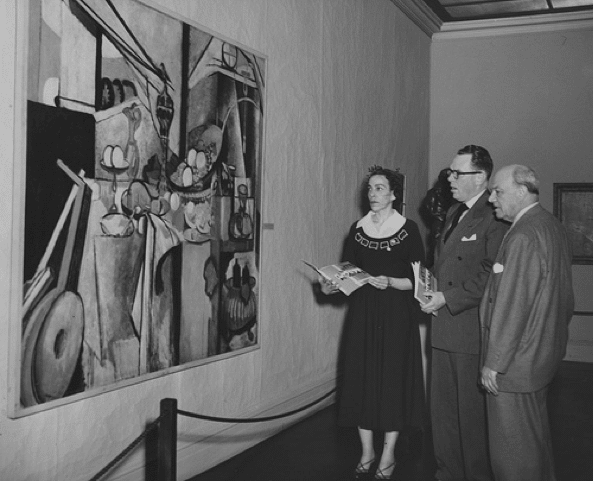
If you are sharing a part of your background or personal/professional story that may inspire awe in another person, it’s best to acknowledge and share that sense of awe.
I have another friend who, like Tom, also served in uniform. This friend served in a U.S. Coast Guard attack squad, where he was deployed into highly dangerous semi-warzones and tasked with scrambling onto pirated freighter ships in the black of night as machine gun fire whizzed through the air. When I asked this friend if he was scared during his service, he said, “Sh*t yeah, I was scared. But we just moved as quickly as we could and thankfully I’m here to talk about it.”
I loved that he didn’t play off his background like it was normal and mundane, which I would have found strange and inauthentic. Instead, because he shared my own sense of awe in the sheer terror of his story, I found him even more relatable.
2. Be Grateful for Your Success

I met a guy at a networking event recently who said he was an artist — but not just any kind of artist. Steven Backman is a toothpick sculpture artist. He only creates one kind of art — sculptures out of toothpicks. He has been featured on just about every major media outlet you can think of, from CNN to The Today Show.
He showed me a few photos of his creations on his iPhone, including a scale replica of the Golden Gate Bridge made out of 30,000 toothpicks, a replica of the Empire State Building, and a remote-controlled toothpick boat.
He wasn’t shy about his achievements — he was proud of them. And when I expressed my awe at the amount of recognition he had received, he flashed me a grin, as if to say, “I can’t believe it either.”
By any measure, he had been quite successful as an artist. But I think what made him so memorable without seeming like he was boasting was that he was sincerely grateful for his own success.
3. Be Self-Deprecating
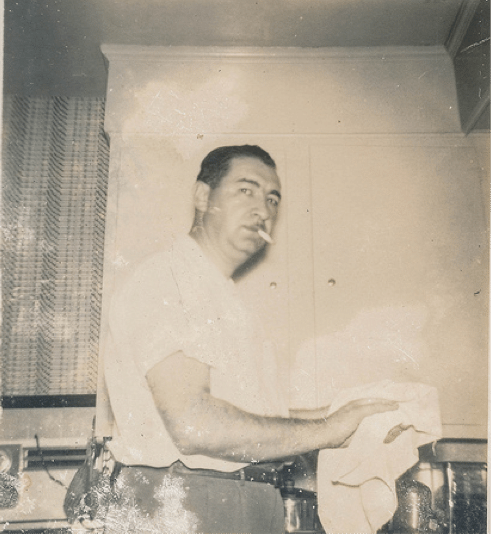
Tom Morkes, the helicopter jumper, is self-deprecating when describing his Army experience. If someone asks him about what it was like to go to war, he says, deadpan: “Well, it wasn’t a vacation. I lived in a metal container for a year, did a lot of missions, and most of the time it was really boring waiting for bad things to happen to you.”
Like Tom, I have an unusual background as well. I was fortunate enough to land a job in my early 20s working in the Clinton White House. For years, I have described it as being “kind of like a second-string speechwriter,” or I would say that my job was to “write the stuff the speechwriters didn’t want to write.” I have found describing the job in this way leads people to let their guard down. Most of the time, it helps make people more comfortable speaking with me so that they can ask me question they really want to know, which often is, “So, did you know Monica Lewinsky?“
4. Avoid the Humble Brag
The humble brag happens when someone shares a tidbit of news about themselves that is camouflaged using a complaint or a self-deprecating joke. They are trying to appear humble on the surface, but their real intention is to boast.
A humble brag may sound something like this:
- “I can’t believe how many people have said my wife looks like Rita Hayworth. Too bad they think I’m her bodyguard, not her husband.”
- “Sigh. I thought I was finally heading home after this gig in San Francisco, but I just got invited to do a last minute speaking engagement in Switzerland. #Livingoutofasuitcase”
- “I really need to practice my golf swing so I’m ready to play next weekend in Molly Ringwald’s charity golf tournament.”
Humble brags have become more and more popular through social networks like Twitter and Facebook. It’s okay to share your accomplishments, but be honest and upfront about it when you do. Be careful not to use the cover of a complaint in order to brag; you may worry about coming off as smug, but it’s actually better to come off as smug, than to appear as someone who’s smug but trying to hide it. People are more annoyed by duplicity than pride.
5. Get a Wingman
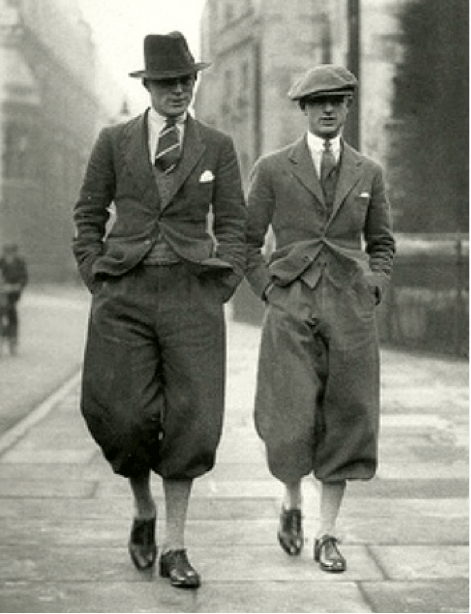
In the book Reinventing You, author Dorie Clark suggests bringing a friend along to events where you may need to talk about your accomplishments. Make an arrangement with the friend that you both will “talk up” the other.
In other words, instead of bragging about your own experience and background, you boast about the other person’s. And they brag about yours. People you are speaking with are much more likely to be receptive to a third party bragging about you than if the information was coming from you personally (even if you’re standing right there, giving your best “aw shucks” grin).
6. Don’t Avoid the Achievement
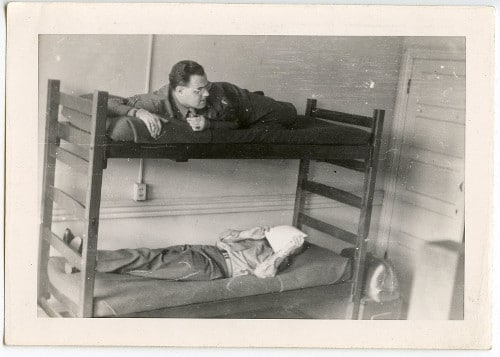
If you do have a significant accomplishment in your background, whatever you do, do not go to extra lengths to avoid talking about it.
For example, graduating from an impressive university like Harvard or Stanford is memorable. But in my experience, some Ivy League grads will go to extra lengths to avoid mentioning the name of their alma mater out of fear it will be perceived as bragging.
I met a woman the other day and we were casually discussing where we had lived in our early 20s. The conversation went like this:
Woman: “I lived in Massachusetts for a few years back in the late 1990s.”
Me: “Oh, really? How did you end up there?”
Woman: “Well, I went to college in eastern Massachusetts.”
Me: “Oh yeah? My Mom’s from Massachusetts. Where did you go to college?”
Woman: “Oh, just outside of Boston.”
Me: “Oh yeah? I lived in Wellesley for awhile when I was growing up. Where outside of Boston?”
Woman: “Uh, just, um… a little town near Boston.”
Me: “Cambridge?”
Woman: “Uh, yeah.”
By this point, I was 99.9% certain she went to Harvard. But going to extremes to avoid mentioning the name of your college based on a perception that mentioning its name would be perceived as bragging just creates a more awkward situation.
7. Use Humor

Humor is a great way to share what is most memorable about you without being perceived as bragging. Steven Backman, the toothpick artist, had a sense of humor about the work he did. When I asked him why he worked only in toothpicks, he said, “I don’t know. I started playing with them when I was in 3rd grade and I never stopped.”
A few months ago, I met a guy named Maneesh Sethi. When I asked for his business card, he said he had just ran out, but that his card just said, “Maneesh Sethi, Ramit’s brother,” and included his email address. Maneesh’s brother, Ramit Sethi, is a bestselling author who has been recognized as one of 20 “Wealth Wizards” by Forbes magazine.
The fact that Maneesh’s brother Ramit is more famous than him, and that he acknowledged it on his business card, made his card far more memorable than your usual boring business card. So using an unexpected fact in a novel way is a creative means of pinpointing what is memorable about you.
8. Be Brief
Peggy Klaus suggests using what she calls “brag bites” — which you keep conveniently in your “brag bag” (not to be confused with a product produced by The Brag Company called the “Bra Bag” which is, and I’m not making this up, a bag you can carry your bras in).
Brag bites are short little sound bites and brief marketing monologues about yourself that you can use in a moment’s notice in any situation without coming off as pushy or disingenuous. They’re kind of like mini “elevator pitches” about yourself.
A “brag bite” may look like this:
- I am fortunate to lead a team of 50 incredibly talented sales men and women across a dozen states, and I really couldn’t do it without such a great team effort.
- Last year, we opened four new restaurants in three different cities — and we have plans to open four more. But really we’re just happy people seem to like our drive-through fondue theme.
If you haven’t already, create a few of these short sound bites. Asking a friend who has a way with words for suggestions is another way to get a fresh perspective on these short statements.
9. Be Personal

The most memorable thing about you may not be a professional achievement; it might be something from your personal life. Even if you are a Yale Ph.D. who has 17 kids and holds the world record for the World’s Largest Smurf Collection, the most memorable thing about you will be relative, depending on the person you are talking to. If the person you are talking to happens to be from a small town in Georgia and you are originally from another small town in Georgia 20 minutes away, then that is probably the most memorable and interesting fact about your background.
In that case, you do not even need to bring up your impressive educational credentials. You are already more memorable to your fellow Georgian than you would be if you discussed your impressive academic accomplishments. And since you’ve already made a personal connection, if your accomplishments do come up later, it will be more natural and even less likely to be perceived as bragging.
10. Don’t Share All of Your Achievements
Now, you may be thinking, “Whaaaat? I thought you were showing me how to share my most interesting and memorable achievements?”
That’s right. But you can’t share all of them. You need to let some things unfold over time. Sure, this means something that is interesting and memorable about you may not get shared, but that’s okay.
You want to give the person you are talking to just enough so that you are memorable and interesting, but not so much that they are overwhelmed.
The last thing you want to do is try to cram in some accomplishment where it’s not relevant. Work in your accomplishments where they naturally fit rather than forcing them into conversations just to brag.
Although that’s not always true; I mention my six-pack abs all the time and no one seems to mind.
How do you talk about your most interesting accomplishments? Share your thoughts in the comments below.
_________________________
John Corcoran is an attorney and former Clinton White House Writer and he doesn’t really have six-pack abs. He does however have a free, 52+ page guide which you can download, called How to Build a Network Filled with VIPs and Top Performers in 14 Days, Even if you Hate Networking.


